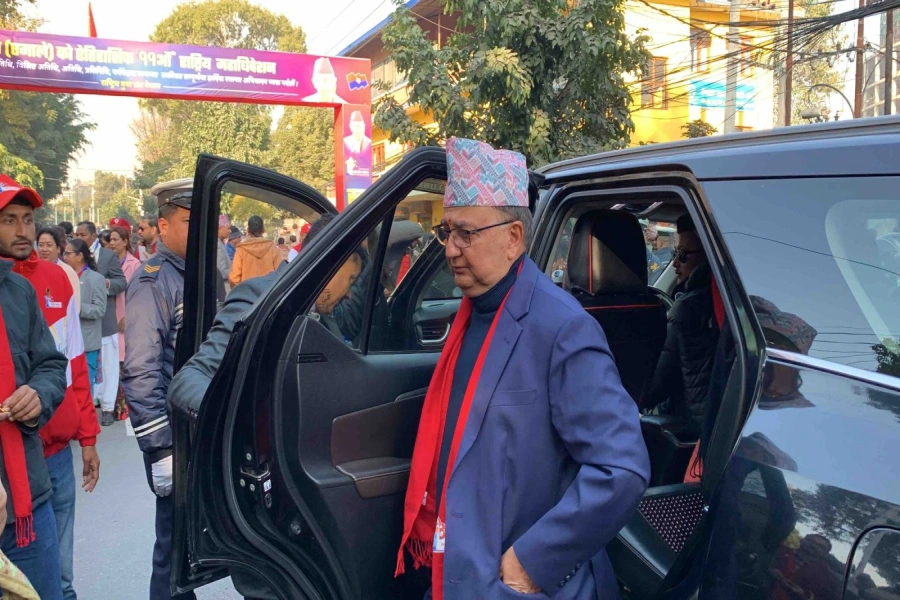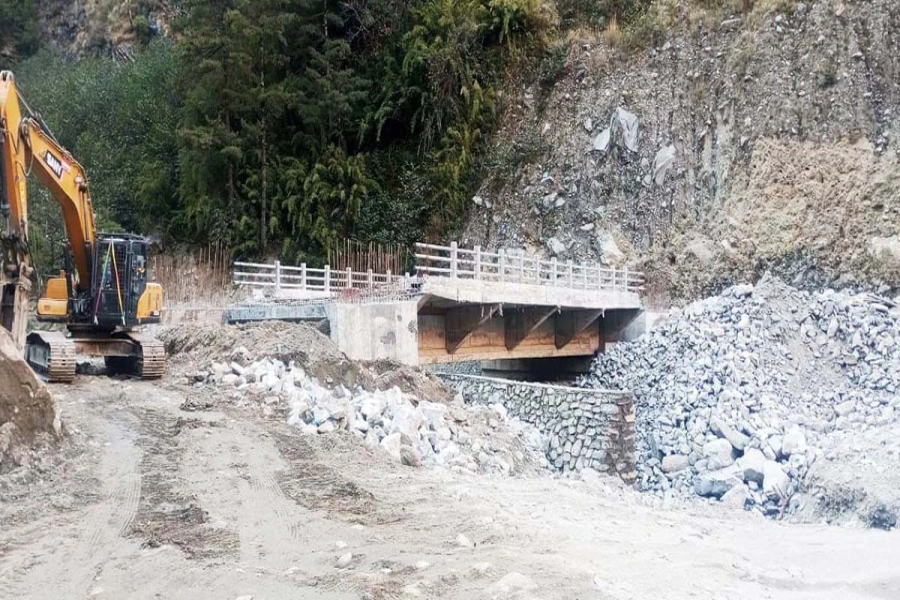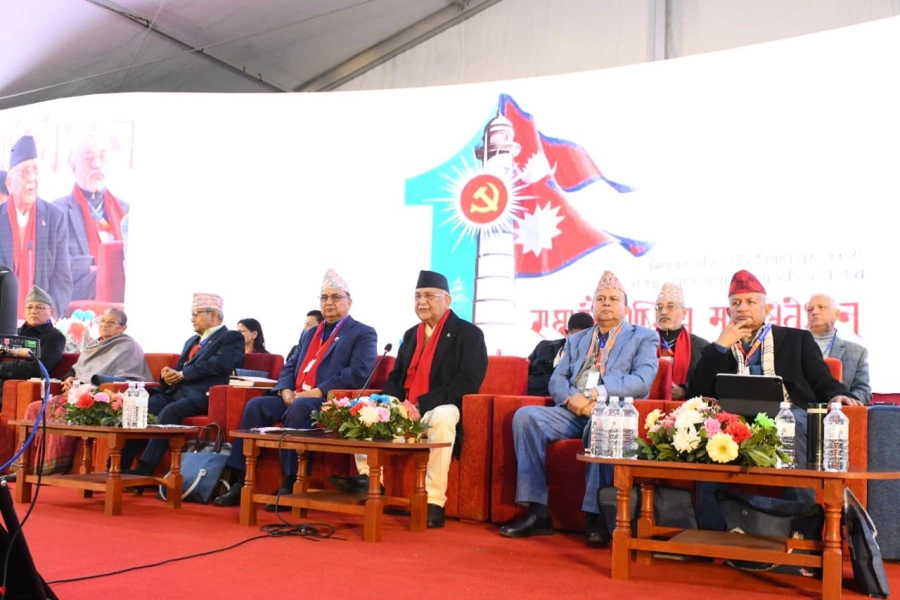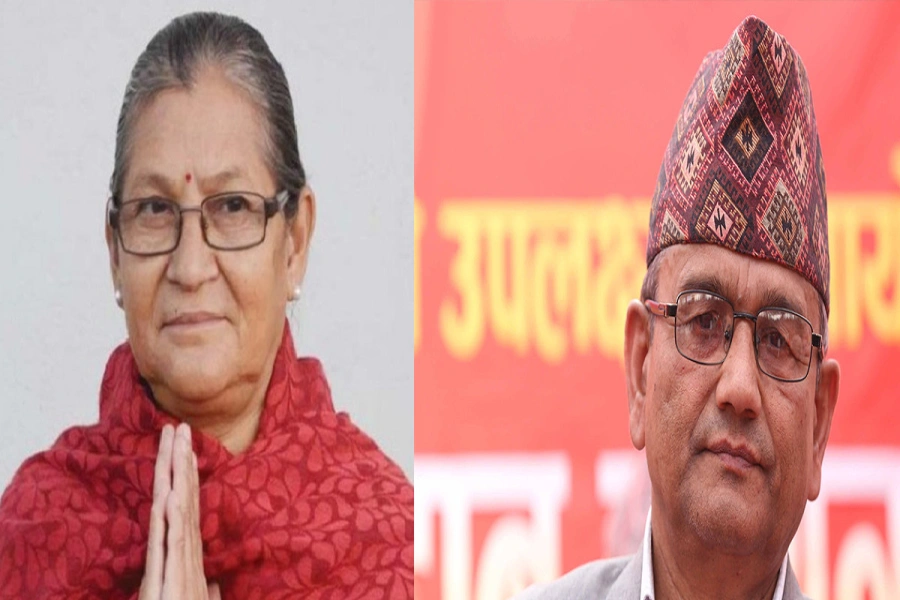KATHMANDU, March 12: Consumer price index increased marginally in the past one month during mid-January and mid-February, mainly due to the rise in prices of non-food items and services.
The ‘Current Macroeconomic and Financial Situation Report of Nepal’ unveiled by Nepal Rastra Bank (NRB) on Sunday shows that the year-on-year inflation remained at 7.88 percent in mid-February. As of mid-January, the rate was recorded at 7.26 percent.
The price rise during the review period was due to a hike in prices of non-food items and services, amid a nominal rise in prices of food and beverages. According to the NRB report, the food and beverage inflation stood at 6.19 percent, up from 5.62 percent in the previous month. The non-food and service inflation rose to 9.22 percent from 8.57 percent in the previous month.
Consumer price inflation moderates to 3.75 percent

Under the food and beverage category, the year-on-year price index of restaurant and hotel sub-category increased 15.24 percent, cereal grains and their products 12.39 percent, tobacco products 10.83 percent, alcoholic drinks 8.78 percent, and spices 8.04 percent.
Under the non-food and services category, the price index of transportation sub-category increased 15.58 percent, health 10.39 percent, housing and utilities 9.78 percent, furnishing and household equipment 9.00 percent and recreation and culture 8.81 percent.
Region-wise, consumer price inflation in the Kathmandu Valley was recorded the highest at 8.47 percent in the review month. The figure was just 5.47 percent in the review month of the last fiscal year.
Similarly, the price inflation was recorded at 7.92 percent in mountain, 7.82 percent in Terai and 7.30 percent in hill area. In the review month of 2021/22, the rates were 5.97 percent in mountain, 6.50 percent in Terai and 6.71 percent in hill.
The prices of essentials started to soar in the domestic market mainly after the Russia-Ukraine war broke out on February 24 last year. Recently, traders have hiked prices of wheat flour and rice, citing the restriction imposed by the Indian government. Consumer rights activists however blamed big traders of carteling to hike prices arbitrarily to take undue benefits of the situation.





































